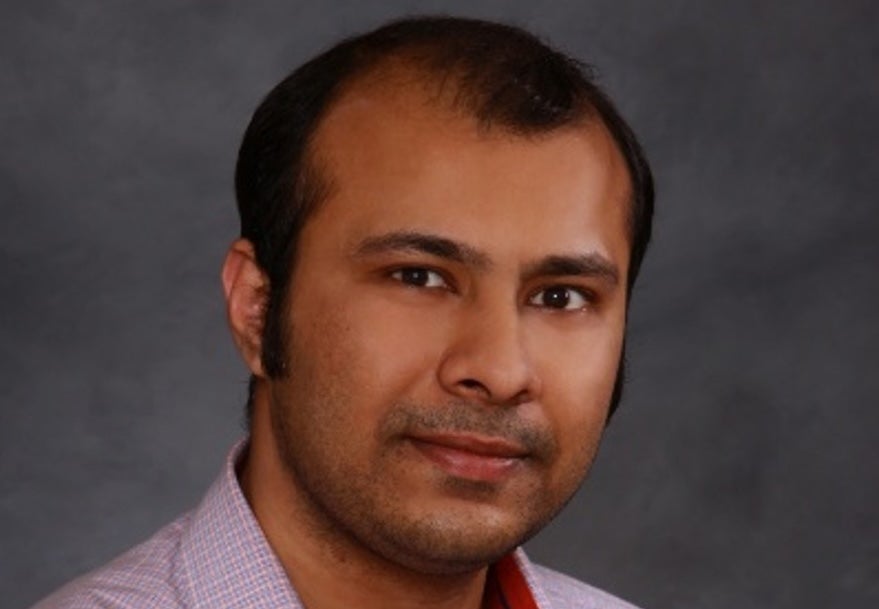
Mohammed Nowaz Rabbani Chowdhury, a doctoral student in the Department of Electrical, Computer, and Systems Engineering at Rensselaer Polytechnic Institute (RPI), has been named a recipient of the distinguished IBM PhD Fellowship Award for the academic year 2024–2025.
The IBM PhD Fellowship is one of the most competitive and prestigious honors for doctoral researchers in the field of computing and engineering. This year, the program received hundreds of applications from 76 universities across 11 countries. Awardees were selected through a rigorous review process by leading technologists at IBM, with a focus on research excellence and alignment with IBM’s strategic technology areas including Artificial Intelligence, Semiconductor Technology, Hybrid Cloud, Security, Quantum Computing, and Responsible Computing.
Nowaz’s research, which is centered on enhancing the efficiency of Large Language Models (LLMs), stood out for its originality, depth, and impact. His work addresses one of the most pressing challenges in artificial intelligence: the compute and memory demands of deploying sparse Mixture-of-Experts (MoE) models that power modern LLMs.
Nowaz hypothesizes that the efficiency of LLMs can be significantly improved by leveraging the inherent modularity of MoE architectures to strategically distribute workloads across a heterogeneous mix of software and hardware platforms. His research combines rigorous theoretical analysis with innovative engineering solutions. Notably, he has developed a hardware-friendly expert pruning technique to introduce sparsity in MoE models and proposed a hybrid approach that integrates pruning with mixed-precision quantization.
He has already published two first-authored papers at the prestigious International Conference on Machine Learning (ICML) in 2023 and 2024, with one earning an oral presentation — a rare recognition reserved for the top-tier submissions.
As part of his ongoing work, Nowaz is developing algorithms to enable heterogeneous computation of MoE-based LLMs by distributing expert workloads over both analog and digital AI hardware. He also aims to introduce dynamic in-context expert categorization, a technique to enable real-time workload distribution based on hardware capabilities.
“I am truly honored to receive the IBM PhD Fellowship,” said Nowaz. “My research focuses on making large language models more efficient and scalable by theoretically unfolding how these models learn and utilizing their key learning dynamics and inherent properties to align model execution with the strengths of diverse hardware platforms. This recognition not only validates the direction of my work but also fuels my passion to continue exploring sustainable and practical AI solutions.
He added, “I am deeply grateful to my advisor, Prof. Meng Wang, for his unwavering support and mentorship. I would also like to thank the faculty and staff of the ECSE department, and the broader RPI community, for fostering a collaborative and intellectually vibrant environment that has been instrumental in shaping my research journey.”
Before joining RPI, Nowaz earned both his B.S. and M.S. degrees from the University of Dhaka, Bangladesh, where he also served as a lecturer. His academic journey and research contributions reflect a deep commitment to advancing the frontiers of efficient and scalable AI.
With the IBM PhD Fellowship, Nowaz will receive mentorship from an IBM researcher and gain access to resources that will support his continued research into scalable and sustainable AI systems. The fellowship recognizes his exceptional potential as a future leader in the AI research community.

